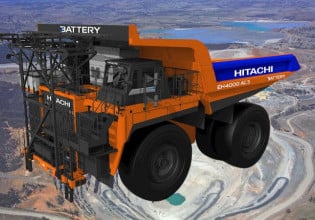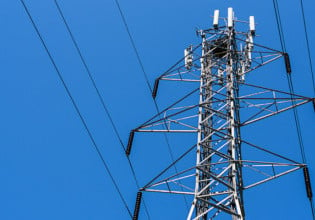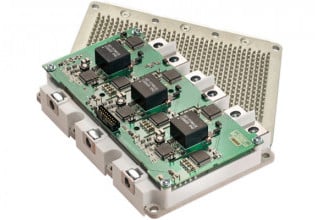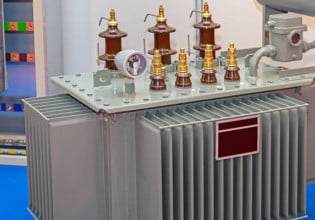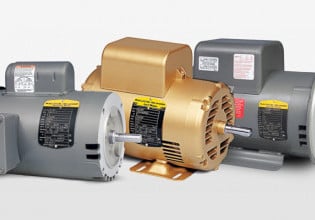Engineers at American Electric Power's (AEP, Columbus, OH) research laboratory are testing a new stationary battery which may be capable of storing large amounts of electrical energy for use during peak energy demand and for power quality applications. The battery, a sodium-sulfur (NAS) unit, was developed by Tokyo Electric Power Co. (TEPCO, Japan) and NGK Insulators Ltd. (Japan) during the 1980s. TEPCO, NGK and AEP are now jointly attempting to introduce the 12.5kW NAS battery technology in the US.
The NAS battery is claimed to have a large energy density, high efficiency and long-term durability. The battery is said to have a density three times larger than conventional lead-acid batteries, with a charge-time of eight hours. The discharge period is roughly the same, and the unit can be stored indefinitely if the temperature is maintained at 600 degrees F. AEP believes that, by charging the battery during off-peak hours and using the electricity during peaks, an energy provider will be able to operate its generation more efficiently.
“The battery is a new tool that we have to work with in the future to resolve energy delivery problems. It makes it feasible to utilize electrical energy storage on a much larger scale than in the past," commented Dave Nichols, manager at AEP's Dolan Technology Center.
If testing is successful, the NAS battery will be installed later in 2001 at another AEP location for peak shaving and emergencies. The goal is to offer the battery commercially in the US in the next two or three years.


